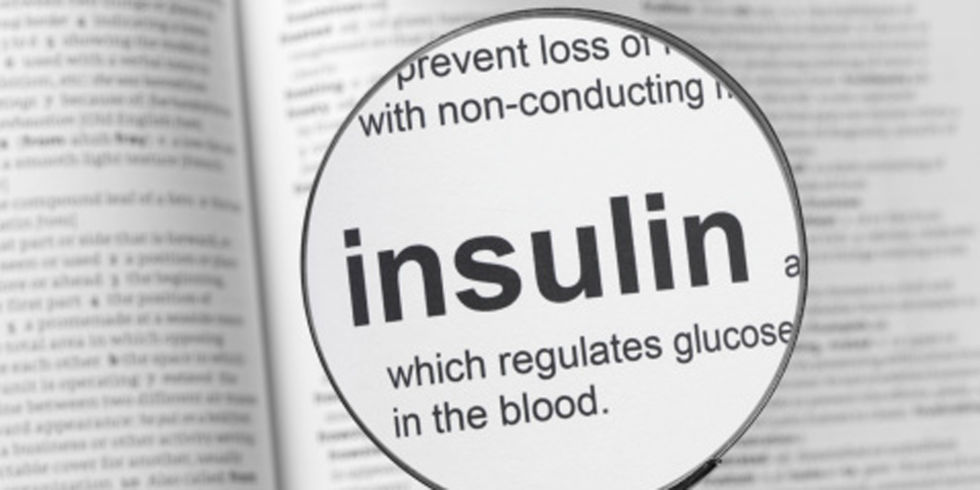High levels of insulin during childhood could increase the risk of mental illness later in life, according to new research by the University of Cambridge.
Appearing in the journal JAMA Psychiatry, the Cambridge study sampled more than 10,000 participants to establish how insulin levels in childhood could be correlated with mental illness, such as depression, later in life, in early-adulthood.
Data derived from the Avon Longitudinal Study of Parents and Children (ALSPAC) was examined by the team and led to the determination that changes in insulin levels could be identified in childhood, before symptoms of mental illness appear.
Arranged by insulin levels and body mass index, the young participants were divided into groups, assessing whether a risk of mental illness persisted well into adulthood.
“About 75% of study participants had normal insulin levels, between 15% and 18% had insulin levels which increased gradually over adolescence, and around 3% had relatively high insulin levels,” a news release of the Cambridge findings read.
The results suggest that indications of physical health problems could be evident way before symptoms of mental illness appear, as both physical and mental health are more comorbid than previously thought.
“These findings are an important reminder that all young people presenting with mental health problems should be offered a full and comprehensive assessment of their physical health in tandem with their mental health,” according to Benjamin Perry, the study’s first author, as stated in a press release.
“Intervening early is the best way to reduce the mortality gap sadly faced by people with mental disorders like depression and psychosis.”


